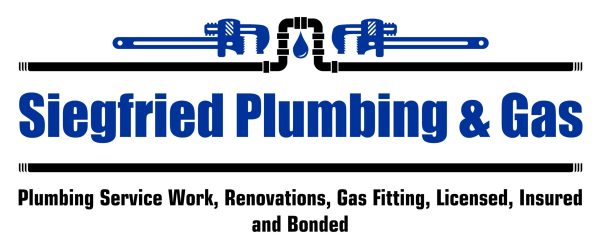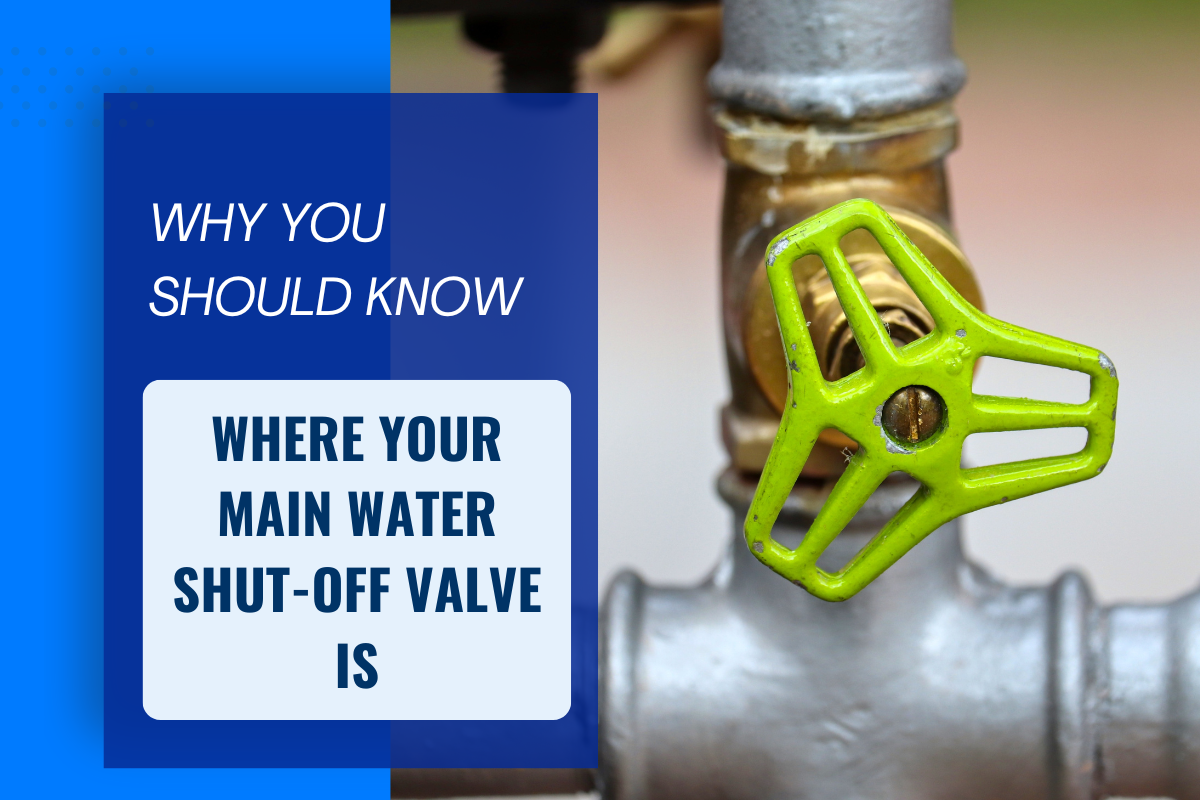Why You Should Know Where Your Main Water Shut-Off Valve Is
One of the most important things you can do to protect your home from major water damage is to know where your main water shut-off valve is and how to use it.
Whether it’s a burst pipe, a leaking water heater, or a plumbing repair gone sideways, turning off the water quickly can mean the difference between a small cleanup and thousands in damage. And yet, many homeowners I meet have no idea where their shut-off is (or whether it even works).
Let’s fix that.
What Is the Main Water Shut-Off Valve?
Your main water shut-off valve controls the flow of water into your entire home. It’s usually located where your water line enters the house, often in the basement, crawlspace, or utility room.
Once this valve is turned off, no water can flow into your home’s plumbing system.
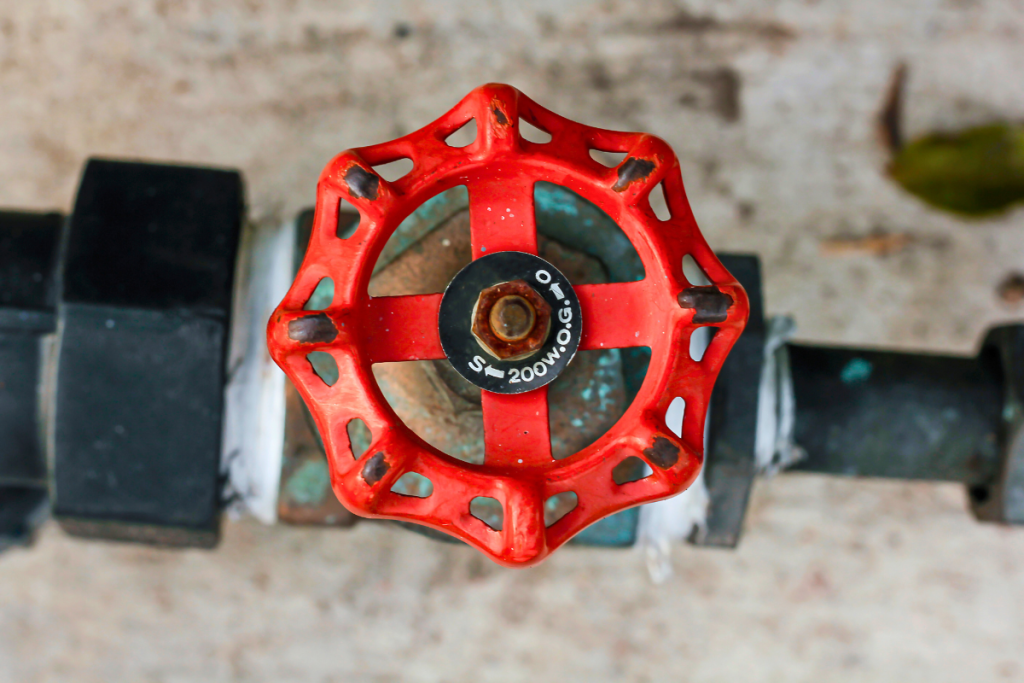
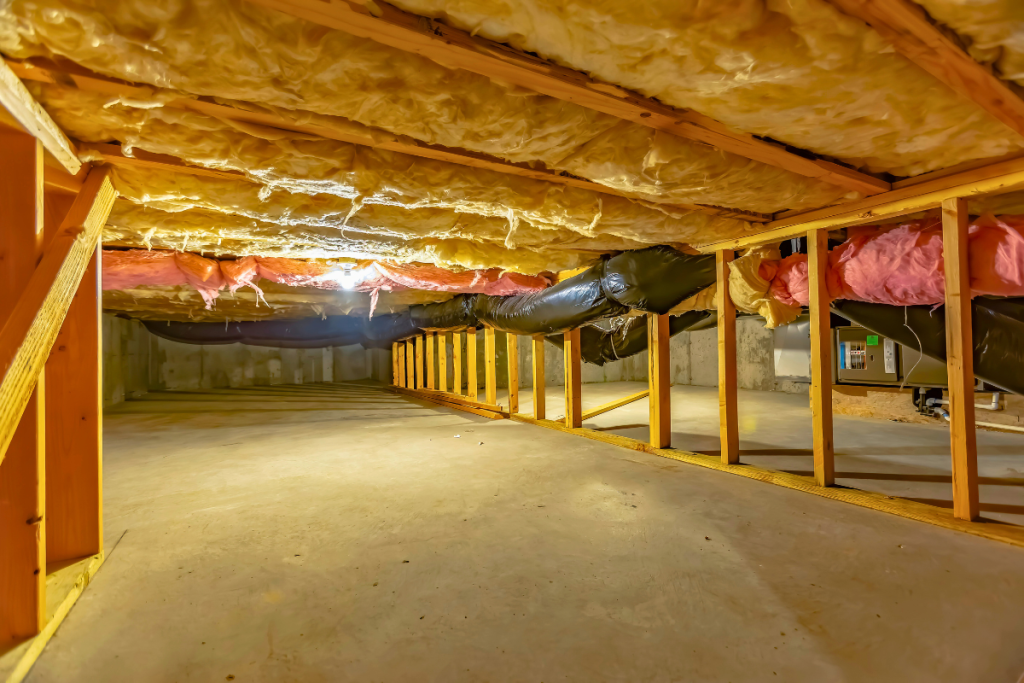
How to Find It
In most Courtenay and Comox homes, your main shut-off valve will be:
- In a crawlspace, near the front wall of the home
- In the basement, near where the water line enters from the street
- In a mechanical room with your water heater or furnace
Look for a lever-style valve (ball valve) or a round handle (gate valve). If you’re not sure what you’re looking at, snap a photo and send it my way and I’ll help you out.
How to Test It
Once you find it, give it a test:
- Turn off the valve by rotating the handle clockwise (gate valve) or pulling it perpendicular to the pipe (ball valve).
- Check a faucet inside the house —the water should stop after a few seconds.
- Turn the valve back on and make sure everything flows normally.
💡 If the valve doesn’t budge, or only partially shuts off, it may need to be replaced.
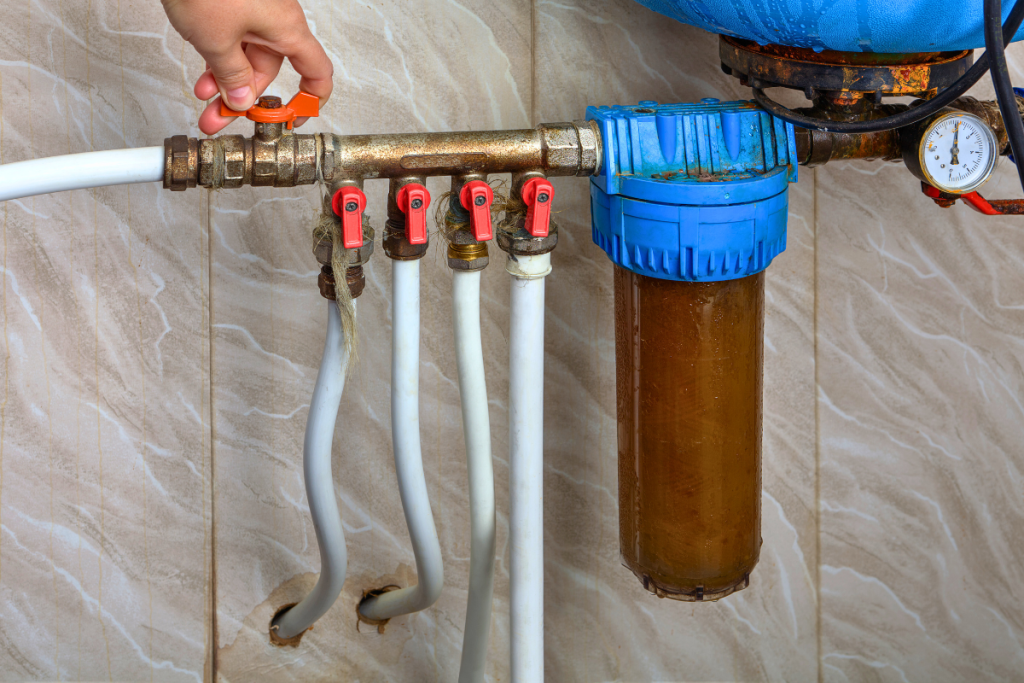
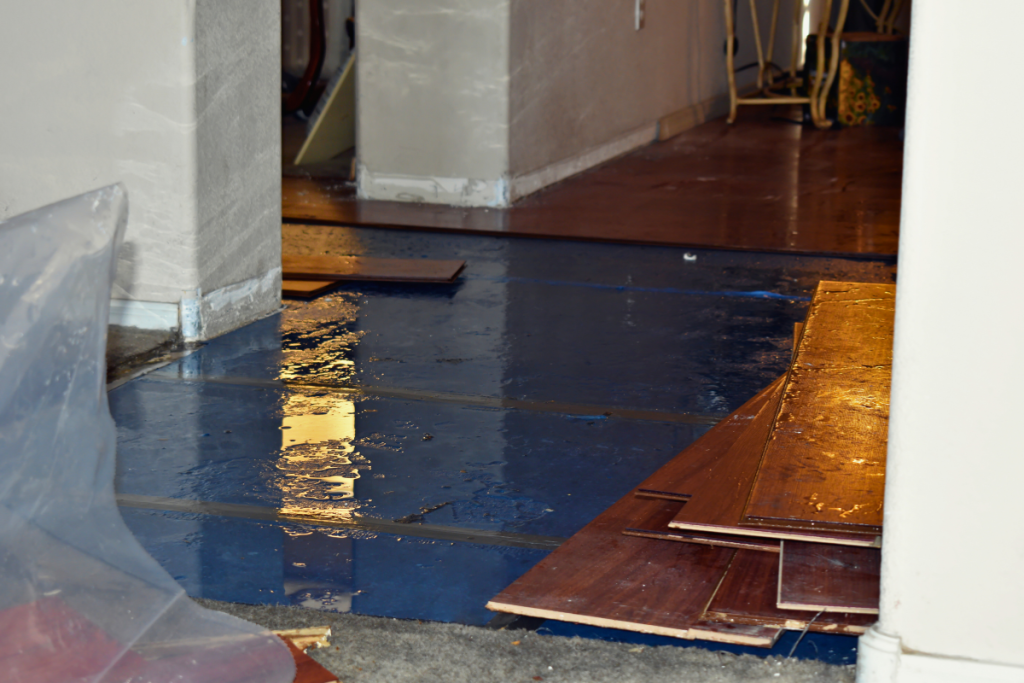
Why It Matters
Plumbing emergencies happen fast. A pipe can burst from cold weather, a tap can be left running, or a fitting can blow out and your first move should be to shut off the water.
Every minute counts when it comes to water damage. Knowing where your valve is and how to use it can prevent:
- Flooding
- Drywall and flooring damage
- Costly insurance claims
Not Sure Where Your Shut-Off Valve Is?
No problem, I can help. During a quick visit, I’ll locate your shut-off, test it, and show you how to use it. I can even replace it if it’s old, stuck, or leaking.
👉 Want us to show you how to shut off your valve?
📞 Call Siegfried Plumbing today—serving Courtenay, Comox, and the surrounding area.
